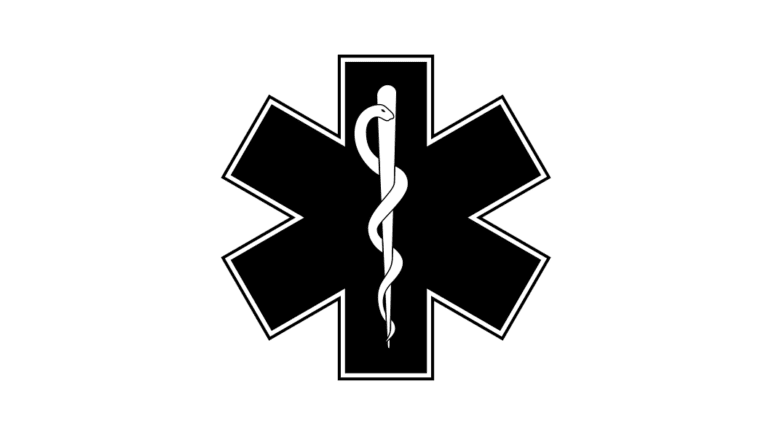The Georgia Department of Public Health announced today in a press release that the department has been receiving limited amounts of the monkeypox vaccine, and that 93 cases have been confirmed in Georgia, all among men in metro Atlanta.
Cobb County is among the counties prioritized for distribution of the vaccine.
In an article we republished in the Cobb County Courier, microbiologist Rodney E. Rohde of Texas State University decribed the disease as follows:
“Monkeypox is caused by the monkeypox virus, which belongs to a subset of the Poxviridae family of viruses called Orthopoxvirus. This subset includes the smallpox, vaccinia and cowpox viruses. While an animal reservoir for monkeypox virus is unknown, African rodents are suspected to play a part in transmission. The monkeypox virus has only been isolated twice from an animal in nature. Diagnostic testing for monkeypox is currently only available at Laboratory Response Network labs in the U.S. and globally.
“The name “monkeypox” comes from the first documented cases of the illness in animals in 1958, when two outbreaks occurred in monkeys kept for research. However, the virus did not jump from monkeys to humans, nor are monkeys major carriers of the disease.”
The GDPH press release
For more information on the vaccine, and on monkeypox in Georgia, we’ve reprinted the GDPH press release below:
The Georgia Department of Public Health (DPH) has begun receiving limited doses of monkeypox vaccine. To date, Georgia has received approximately 3,000 doses of JYNNEOS vaccine – enough for 1,500 individuals since this is a two-dose vaccine series. The vaccine has been distributed upon request to health departments and for vaccination events in two counties. Allocations of monkeypox vaccine from the federal government will increase as production of the vaccine ramps up.
To date, DPH has confirmed 93 monkeypox cases in Georgia, all among men living in metro Atlanta. The majority of these cases identify as men who have sex with men. As such we are prioritizing vaccine distribution in five metro counties – Fulton, DeKalb, Gwinnett, Cobb, and Clayton. There is no residency requirement; however, individuals must register for an appointment and meet certain eligibility requirements. JYNNEOS is a two-vaccine series with 28 days in between doses.
Because demand outweighs supply, DPH is following the recommendations from the Centers for Disease Control and Prevention (CDC) and prioritizing monkeypox vaccine for individuals at high risk of infection. Vaccination may be recommended for people who are close personal contacts of people with monkeypox, individuals who may have been exposed to monkeypox, or people who have increased risk of being exposed to the virus such as lab workers. Individuals are urged to speak with their healthcare provider if they are in one of these groups.
People with monkeypox in the current outbreak generally report having close, sustained physical contact with other people who have monkeypox. While many of those affected in the current global outbreaks are gay, bisexual, or other men who have sex with men, anyone who has been in close contact with someone who has monkeypox can get the illness.
While monkeypox does not spread like COVID-19, everyone should take steps to protect themselves from monkeypox.
- Avoid close, skin-to-skin contact with people who have a rash that looks like monkeypox.
- Do not touch the rash or scabs of a person with monkeypox.
- Do not kiss, hug, cuddle, or have close personal contact with someone with monkeypox.
- Do not share eating utensils or cups with a person with monkeypox.
- Do not handle or touch the bedding, towels, or clothing of a person with monkeypox.
- Wash your hands often with soap and water or use an alcohol-based hand sanitizer.
DPH is working to create online scheduling for monkeypox vaccine as our allocations increase. We will keep you updated on when that scheduling system will be ready and provide information on accessing it. Until then, we urge individuals who may have had contact with monkeypox or are high risk of exposure to contact their healthcare provider.
For more information on monkeypox, visit https://dph.georgia.gov/epidemiology/acute-disease-epidemiology/monkeypox or https://www.cdc.gov/poxvirus/monkeypox/index.html.
